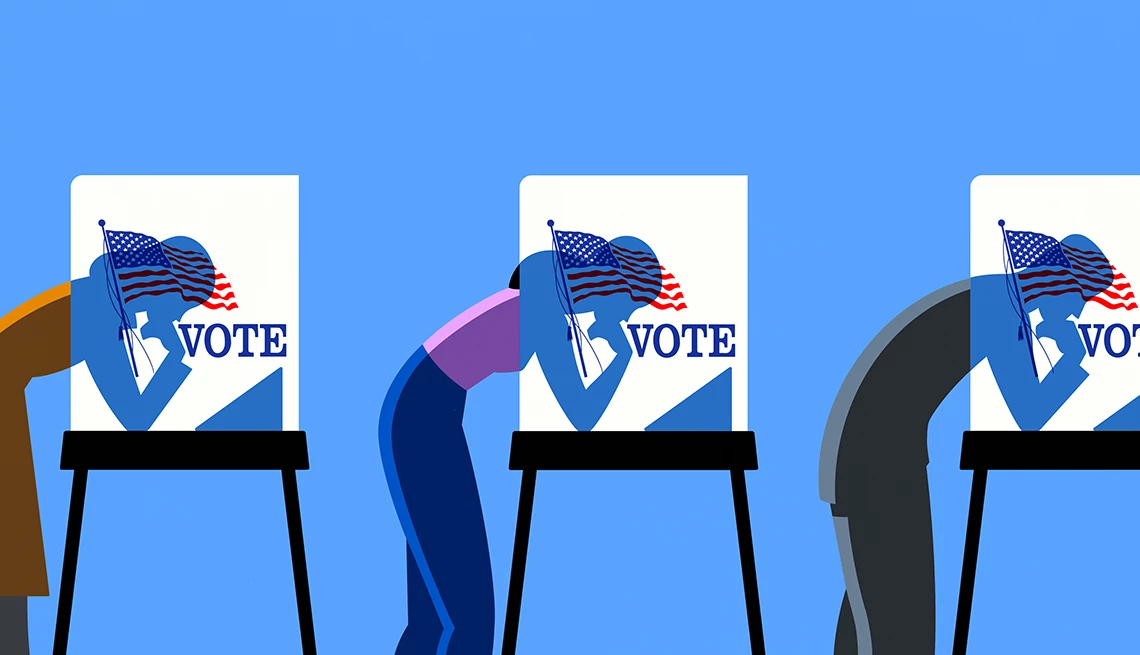AARP Hearing Center


There’s more on the ballot this year than a tight race for president and congressional, state and local candidate matchups. When voters go to the polls, some may also be voting on state ballot measures that could impact their wallets, their work and even their health.
Property tax breaks, an increase to the minimum wage, new paid sick leave programs and changes to absentee ballot requirements will be up for a vote in some states. Nationwide, there are about 160 state ballot questions being put to voters this year, according to Ryan Byrne, managing editor of the Ballot Measures Project at Ballotpedia.
Of those questions, about 100 came from legislatures who put issues up for a vote in their states, and most of the rest landed on the ballot due to citizen-initiated petitions, Byrne says. About half of states allow citizens to circulate petitions and collect enough signatures to get a question on the ballot.
“Ballot initiatives [through petitions] are a way for people … to take policy-making into their own hands when they believe legislative action is lacking or too slow,” Byrne says.
This year’s ballot questions total more than those that appeared in even-year elections over the past decade, Byrne says. When the pandemic was at its height, there were fewer: just 129 questions in 2020, when social-distancing regulations had a negative impact on signature drives, he says.
Many of this year's ballot questions address voting procedures, says Helen L. Brewer, an attorney and policy specialist with the National Conference of State Legislatures, which tracks ballot questions.
“This is a presidential election year, so [voting] is on everybody’s minds,” Brewer says.
To find out exactly which questions will appear on your ballot, check with your state or local elections office. Here are some hot topics and specific ballot measures to keep an eye out for across the country:


Taxes
For older adults on fixed incomes, taxes can put a big dent in the budget. Several state ballots include questions that could impact annual property tax bills or reduce the amount of sales tax tacked onto a grocery bill.
When it comes to property taxes, most state questions propose creating new tax exemptions, expanding who qualifies, or increasing the amount of an exemption, Brewer says.




































































More From AARP
The Story Behind America’s Most Popular ‘I Voted’ Sticker
Meet the woman behind the iconic Election Day emblemVoting Can Be a Struggle for Nursing Home Residents
Casting a ballot can be difficult — and controversial — depending on the stateMeet Election Poll Workers Showing Up Year After Year
Civic responsibility, social connections and even pay are prime motivatorsRecommended for You